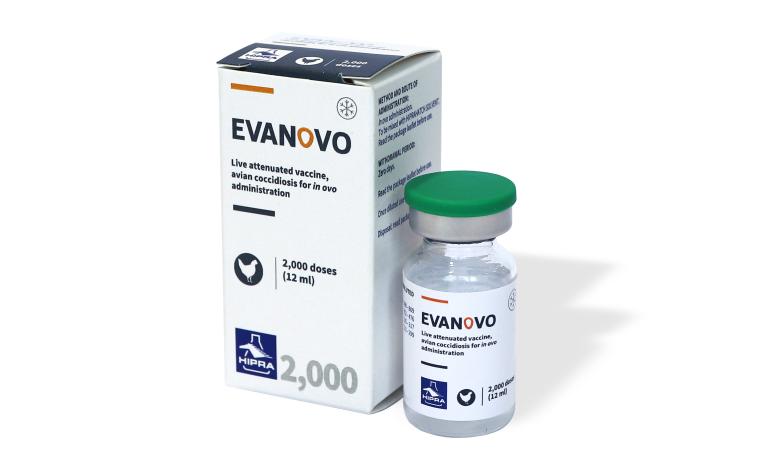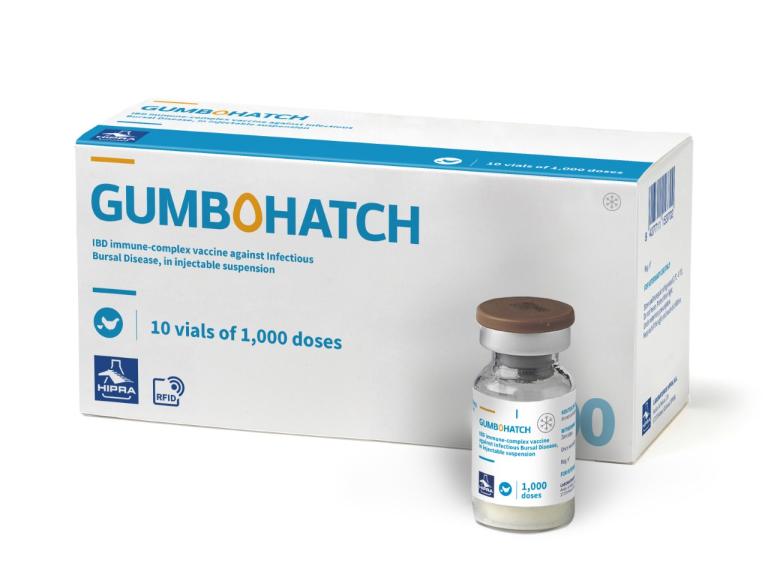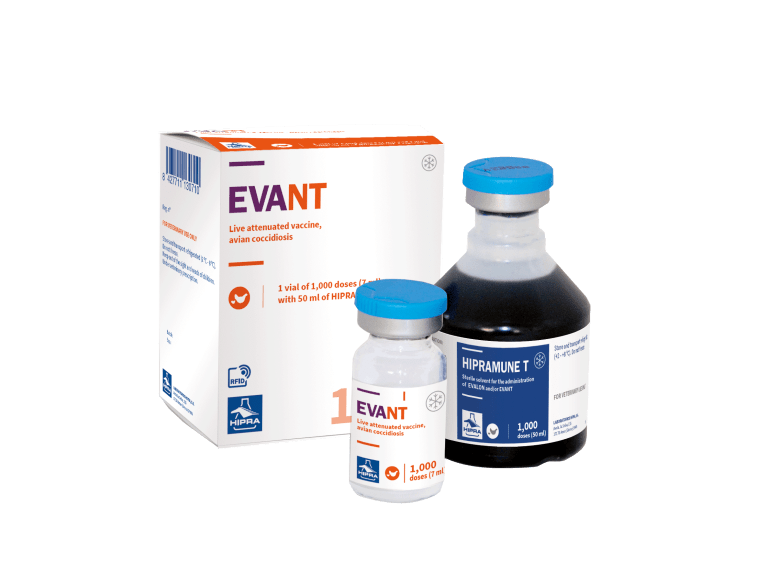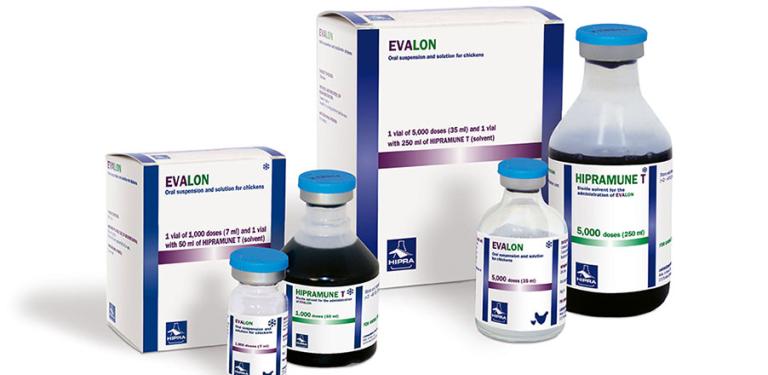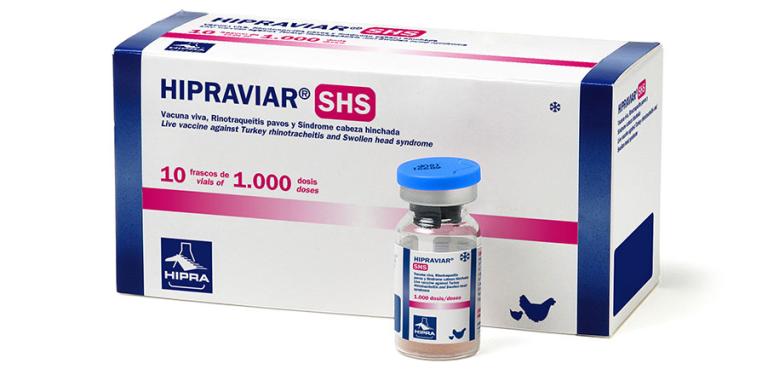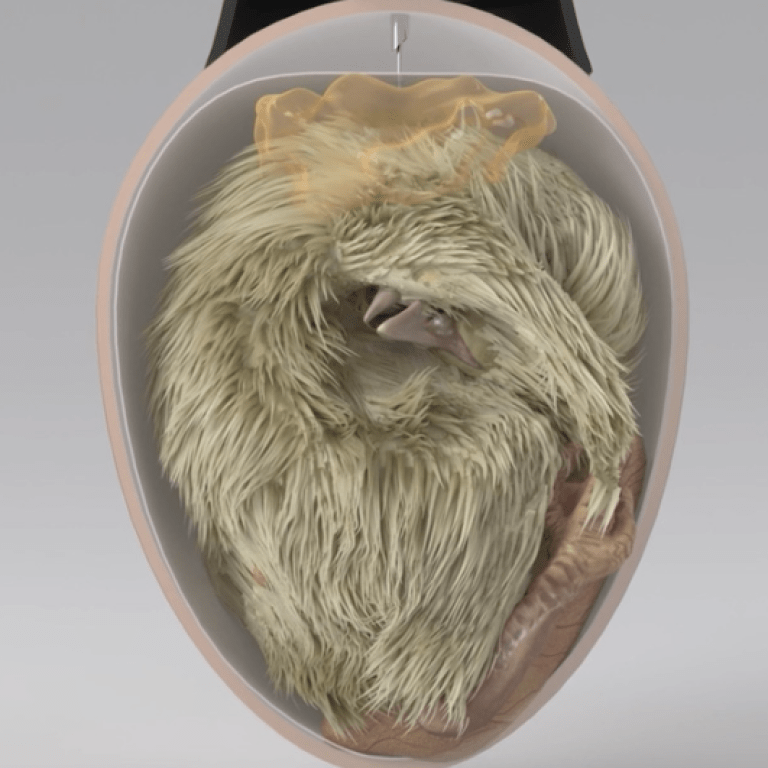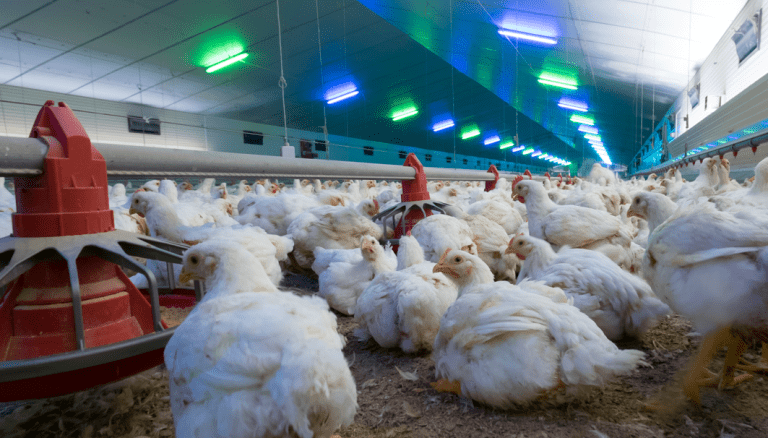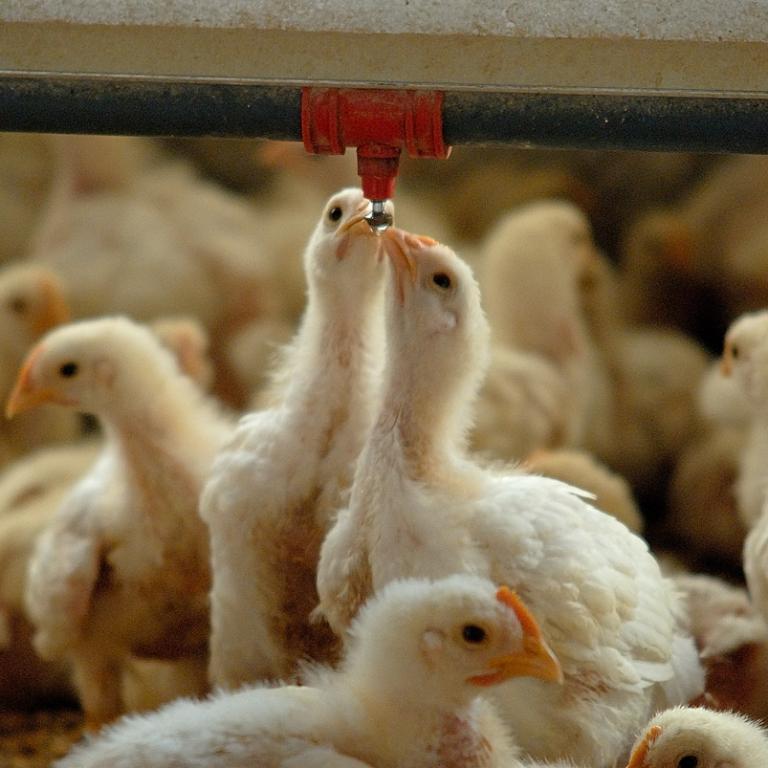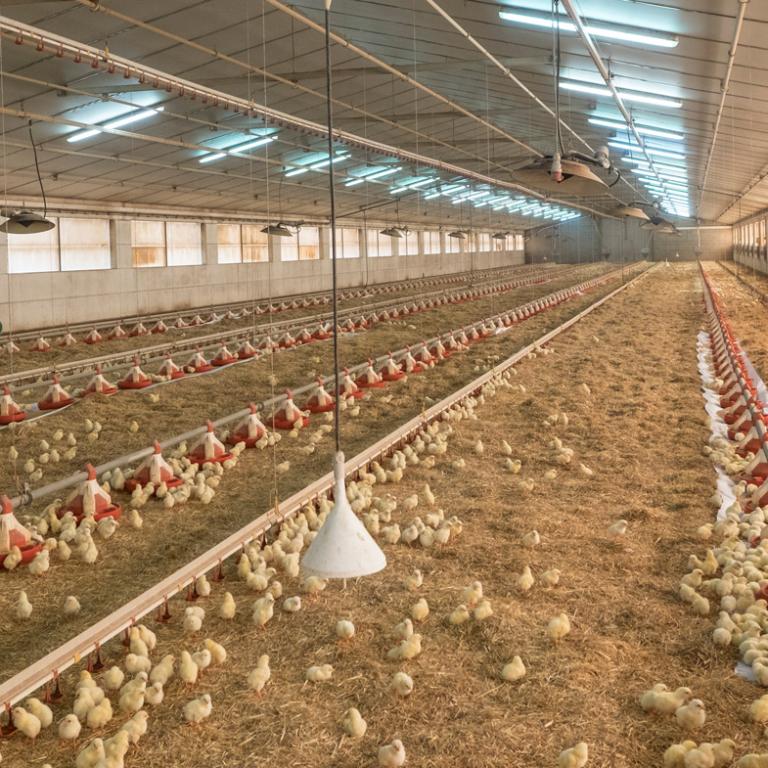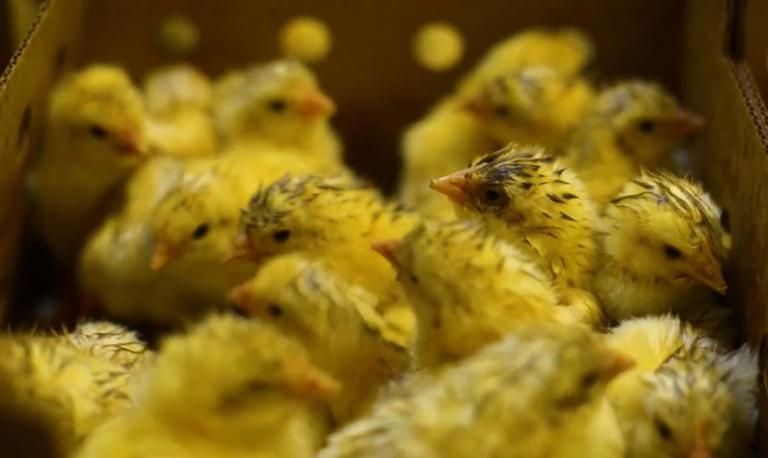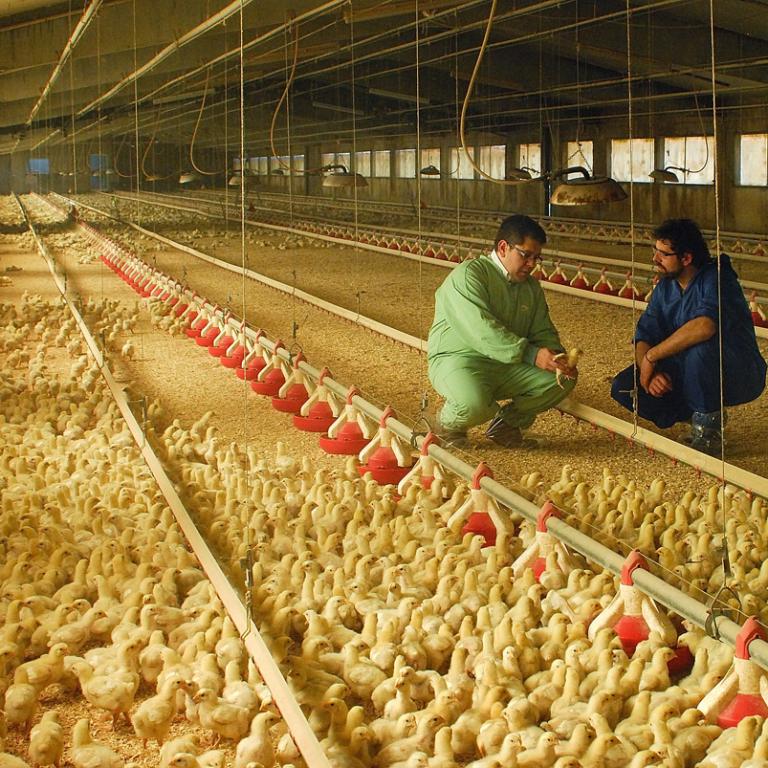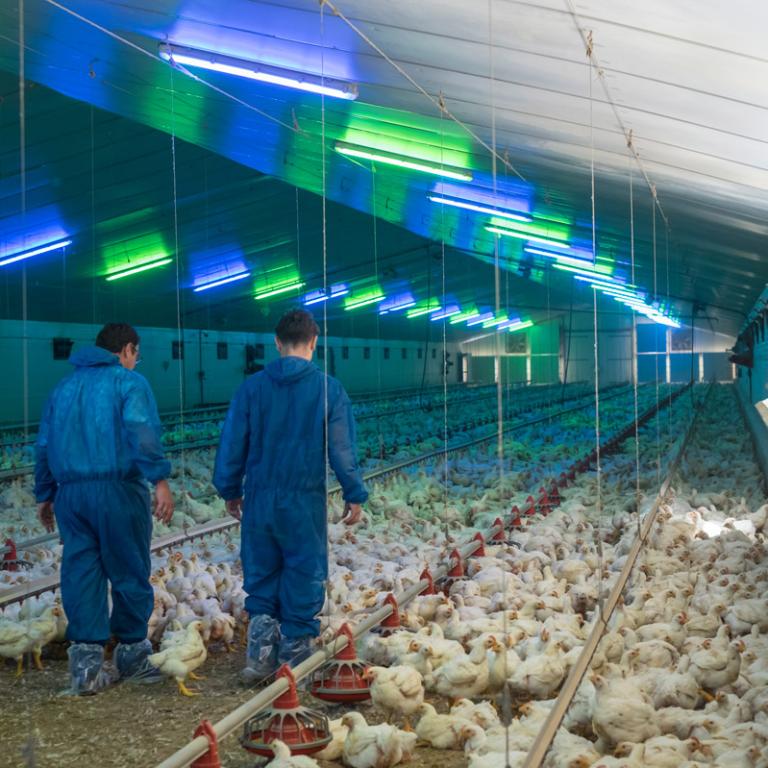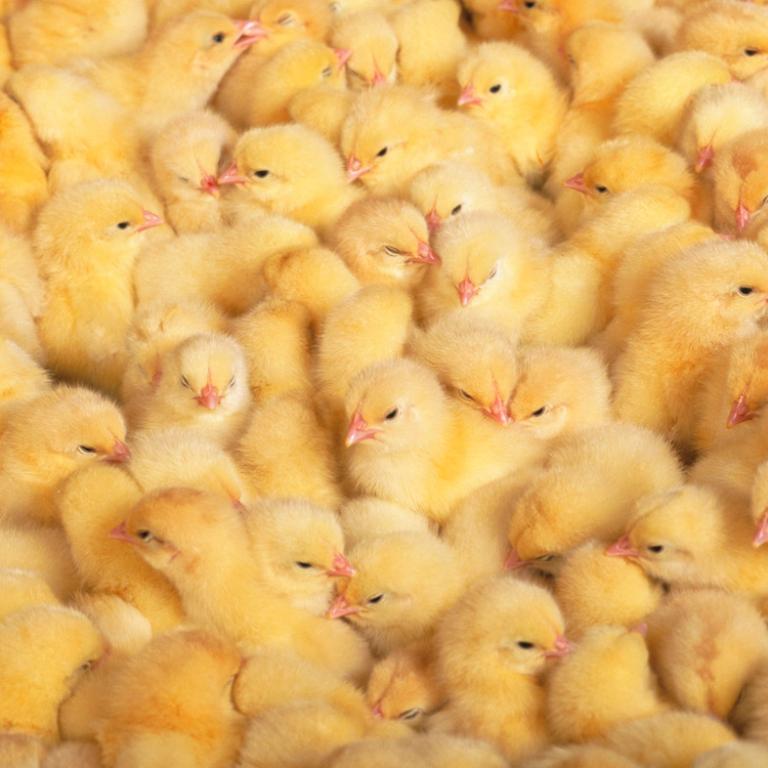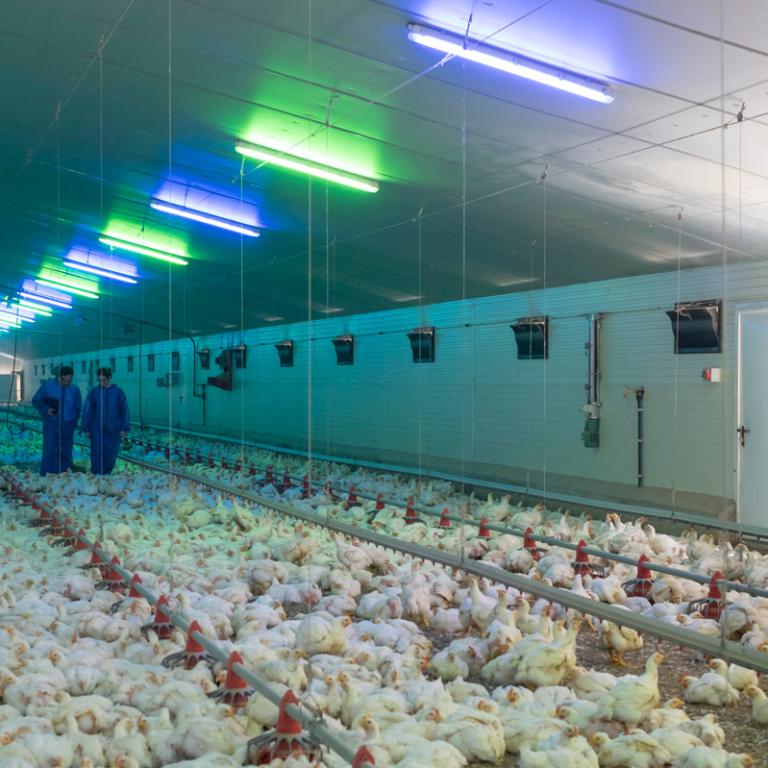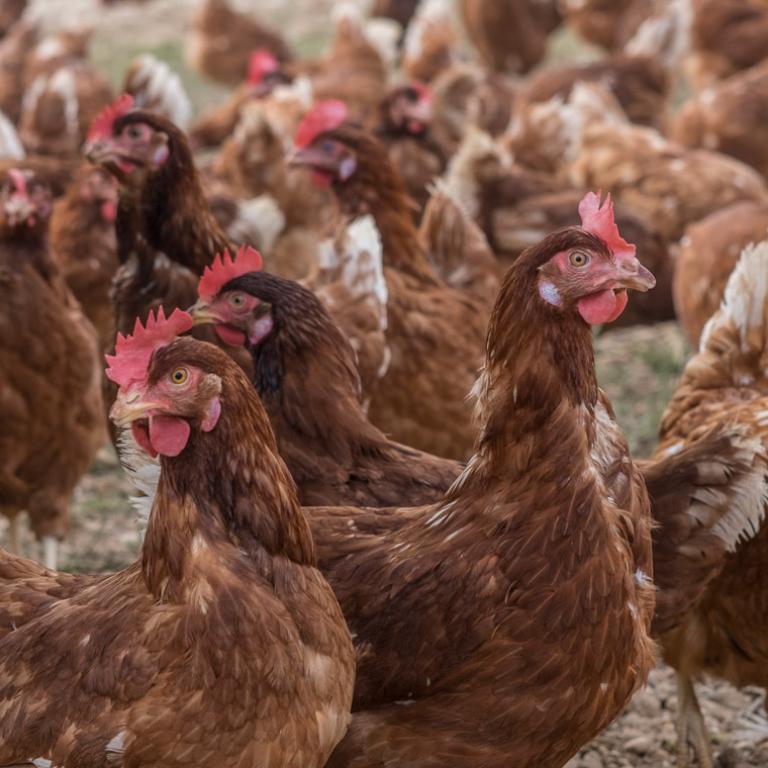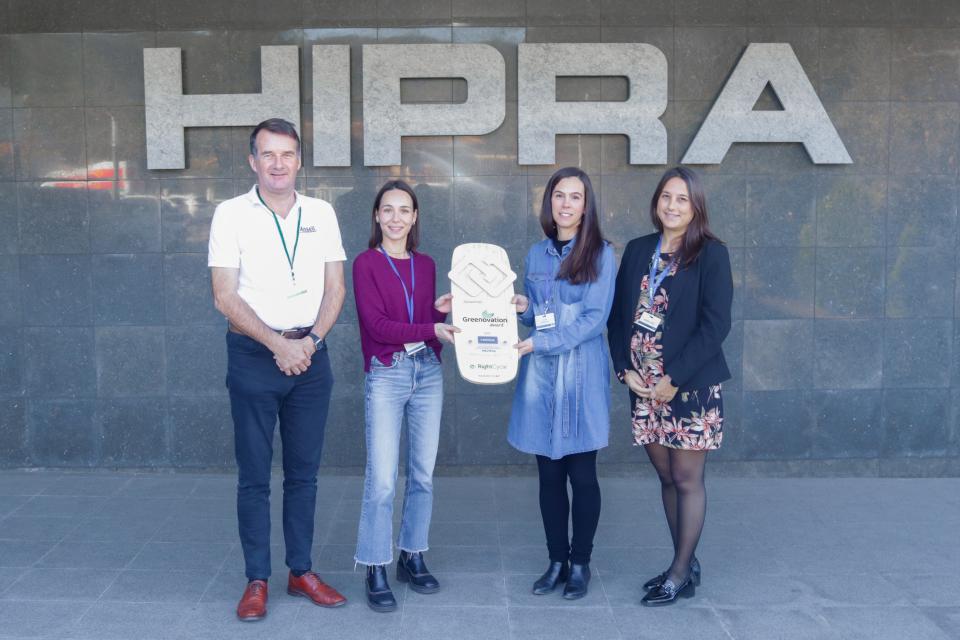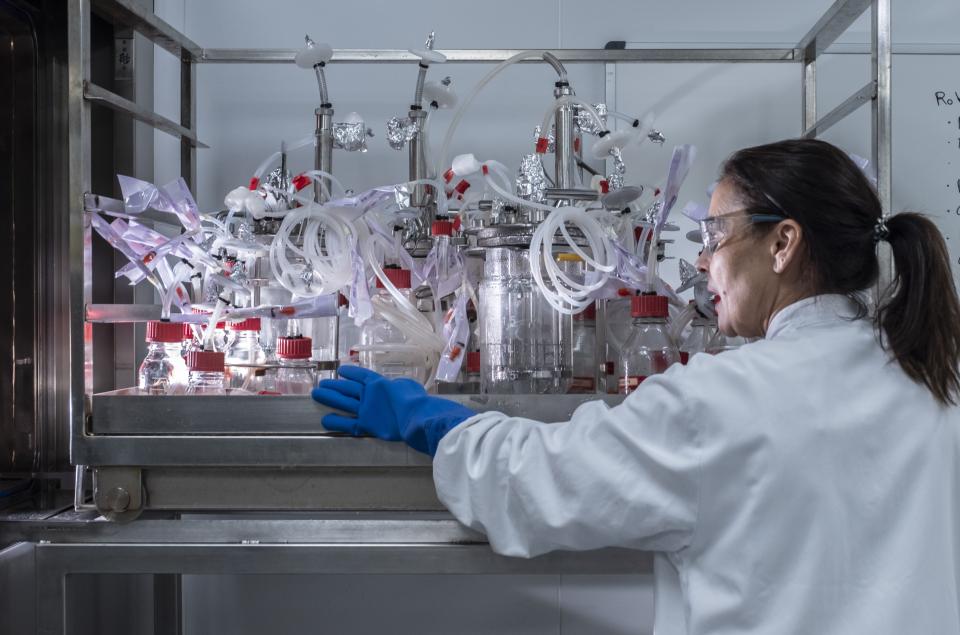Avian coccidiosis is a common protozoal gastrointestinal parasitosis caused by the Eimeria species resulting in considerable economic losses in the poultry industry, especially in long life-cycle birds such as layers and breeders. In these high value birds, Eimeria species infection results in clinical or subclinical coccidiosis associated with increased mortality, decreased flock uniformity and a general rise in secondary pathologies subsequent to intestinal damage. Without any doubt, the best known and most widely diagnosed species is Eimeria tenella.
Eimeria species in long life-cycle birds: focus on Eimeria tenella
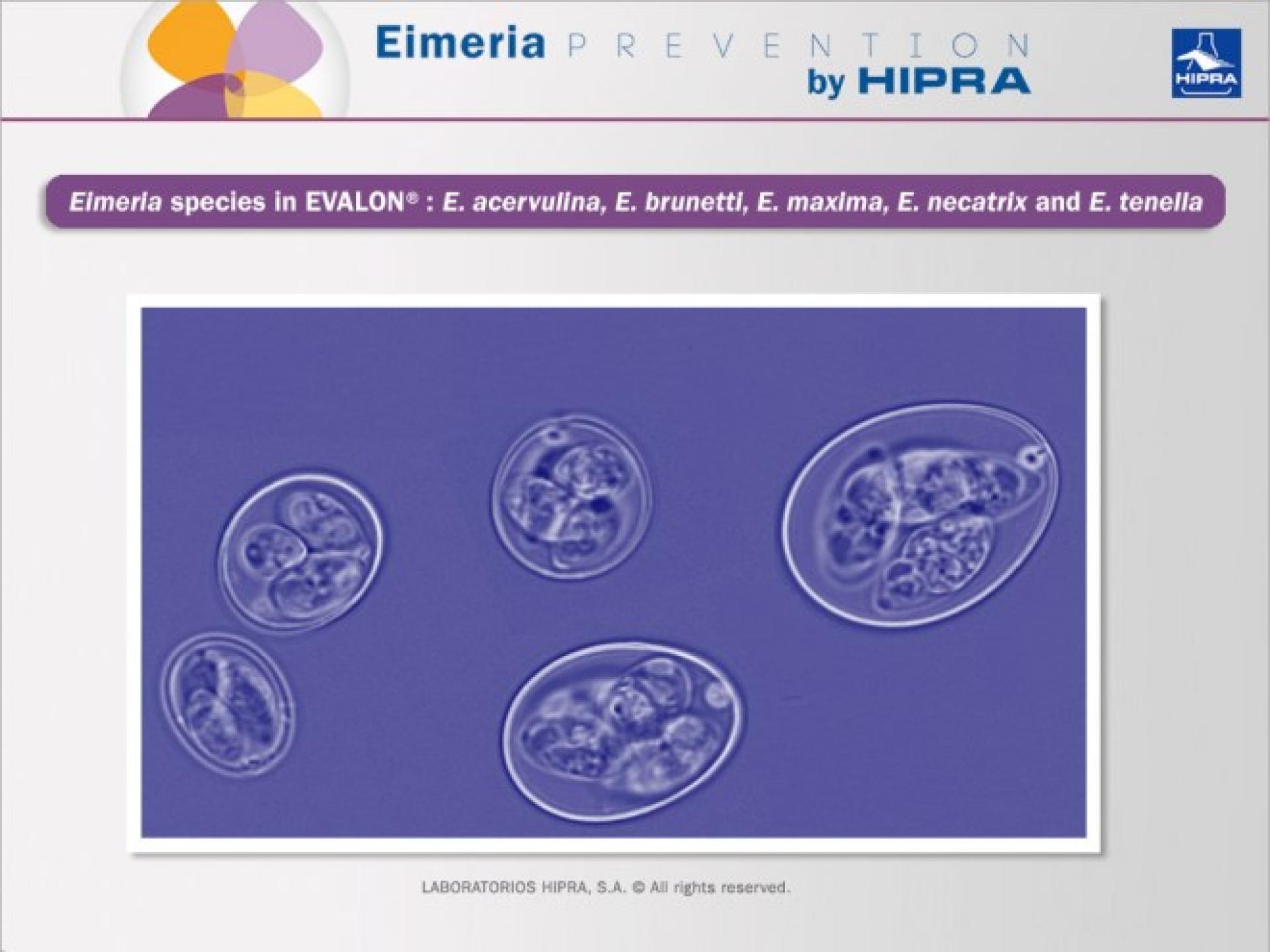
Chickens are susceptible to seven Eimeria species, the most common species affecting long-life birds being E. tenella, E. necatrix, E. brunetti, E. acervulina and E. maxima.
The above-mentioned Eimeria species can lead to clinical coccidiosis in which the affected birds show typical symptoms of the disease, such as bloody droppings and increased mortality. The other two Eimeria species which can affect chickens, Eimeria praecox and E. mitis, are known to cause subclinical coccidiosis, as the affected birds show no clear symptoms of the disease; however this subclinical form may lead to uncontrollable bodyweight and uniformity (out of standard) with a major impact on broilers.
Generally in layers and breeders we distinguish between caecal and intestinal coccidiosis. Caecal coccidiosis is due to Eimeria tenella that is confined to the caecum and consists of the presence of hemorrhages on the outside or inside of the wall of the caecum. This acute infection occurs most commonly in young chick and is by far the most diagnosed in the field due to its typical lesions and localization.
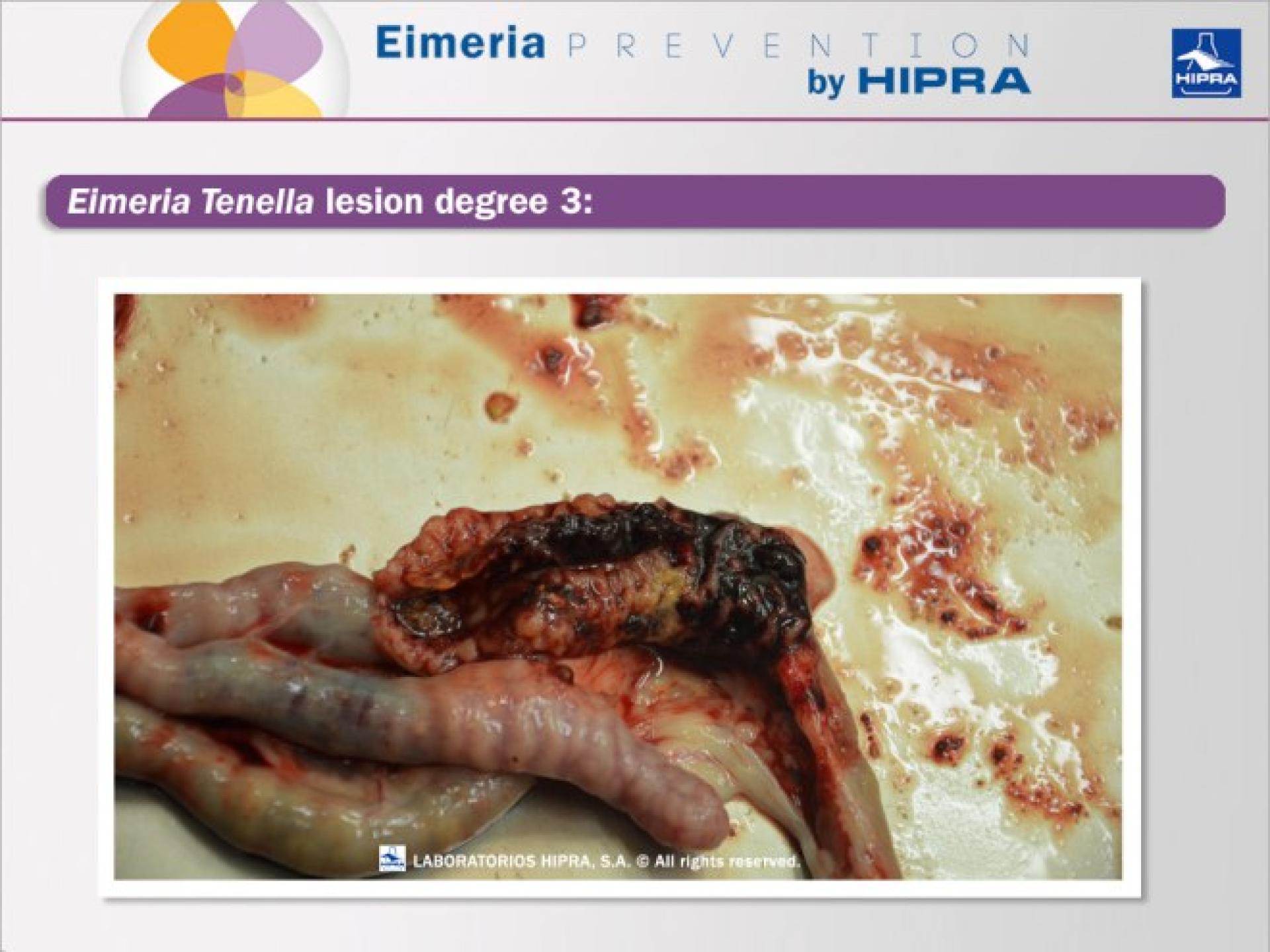
Most serious cases of intestinal coccidiosis are caused by Eimeria necatrix (and fewer by Eimeria brunetti). They develop within deeper tissues of the small intestine and besides Eimeria tenella are major pathogens of poultry. Eimeria necatrix and Eimeria brunetti mainly affect birds of more than 8-9 weeks or age.
Eimeria acervulina and Eimeria maxima develop in epithelial cells within the small intestine and generally cause chronic intestinal coccidiosis associated with marked weight loss and heterogeneity.
Eimeria mitis and Eimeria praecox have a limited impact on long-life birds as they have very rapid biological life cycles within the host and this is closely related to their effect in the first weeks of production cycles. In long-life birds, the growth rate and weight development is quite irrelevant and even later on (from 3-4 weeks) weight is monitored and the feed administered is restricted.
The approach to prevention of coccidiosis is very specific in long-life birds (layers and breeders) and totally different to that in standard broilers, the aim being to build a rapid and long-lasting immunity against the main Eimeria species that can infect this kind of bird. The ability to build a good immunity relies on the choice of a balanced and comprehensive vaccine solution: EVALON®.













